
Here’s something you don’t see every day: A state senator with an academic publication record, in his former career as a mathematician. Even more unusual: A retraction of one of his 15-year-old papers, after the journal realized most of the results were incorrect.
According to the notice, some aspects of the paper by Daniel Biss — now a democratic Illinois State Senator — are also “ambiguous.”
We spoke with Senator Biss, who told us he had been contacted by an editor who told him someone had raised questions about the paper, but he didn’t have much input in the notice:
Continue reading Journal retracts paper by state senator (and former mathematician)
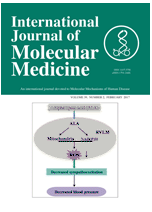
 A journal has retracted a 2012 paper after the last author was unable to provide material to support the results presented in multiple figures.
A journal has retracted a 2012 paper after the last author was unable to provide material to support the results presented in multiple figures.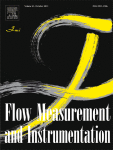 Yesterday we reported that
Yesterday we reported that 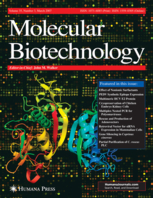
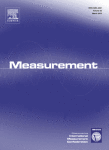 A computer scientist in Malaysia has lost two papers for faked peer reviews, and another for duplication. A fourth paper on which he is a co-author appears to have simply disappeared.
A computer scientist in Malaysia has lost two papers for faked peer reviews, and another for duplication. A fourth paper on which he is a co-author appears to have simply disappeared.
 A study
A study 
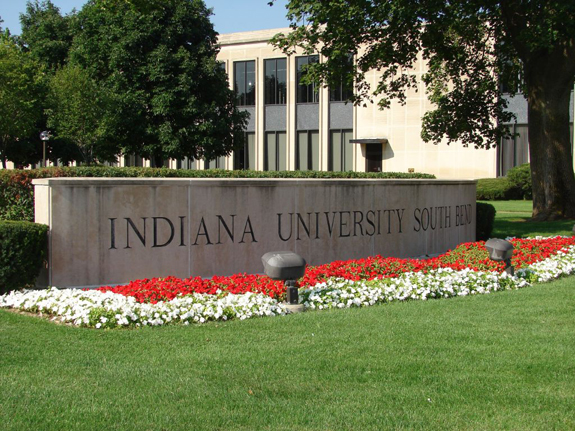 It’s been a long and winding road for a whistleblower at Indiana University, South Bend.
It’s been a long and winding road for a whistleblower at Indiana University, South Bend.